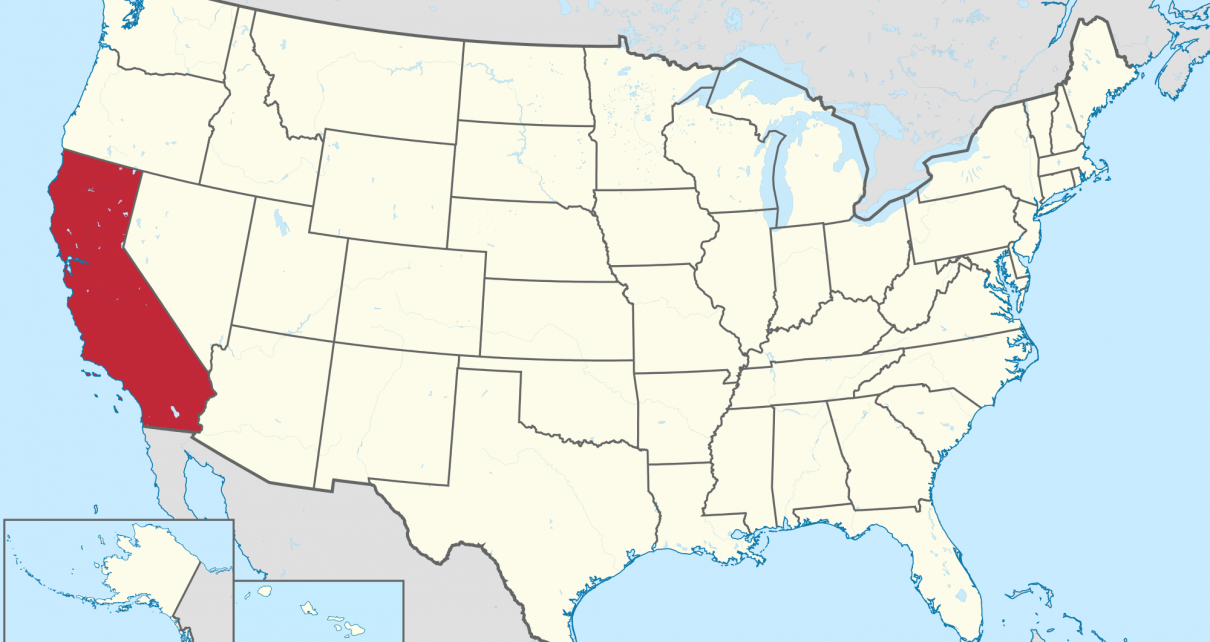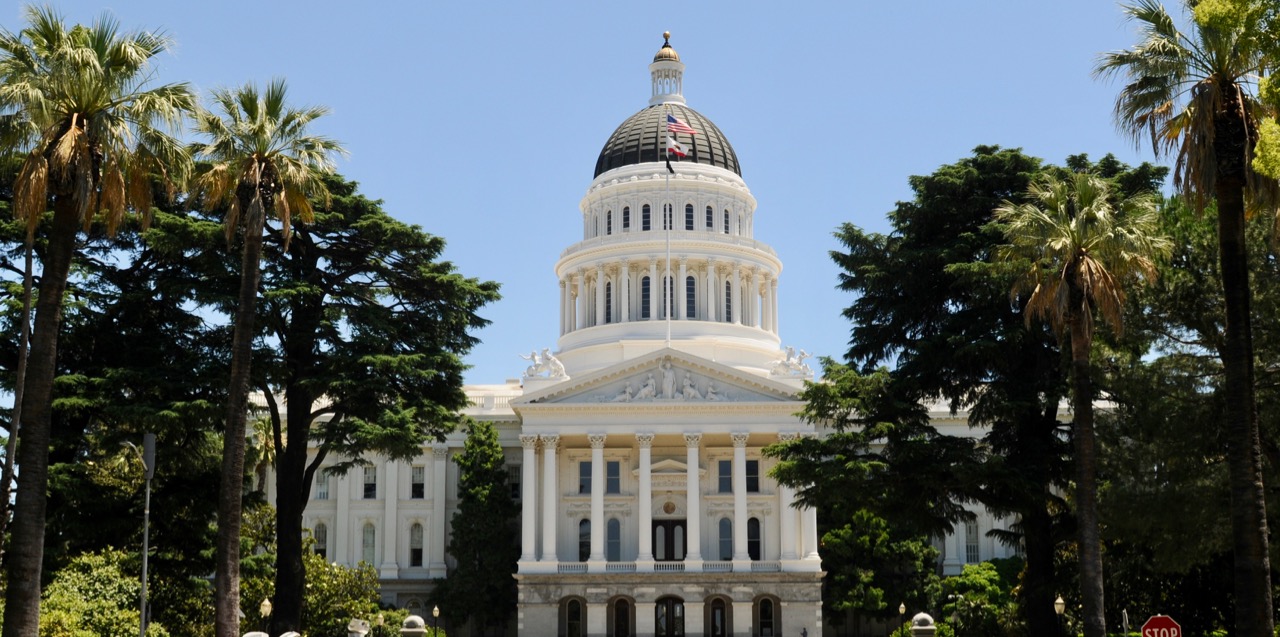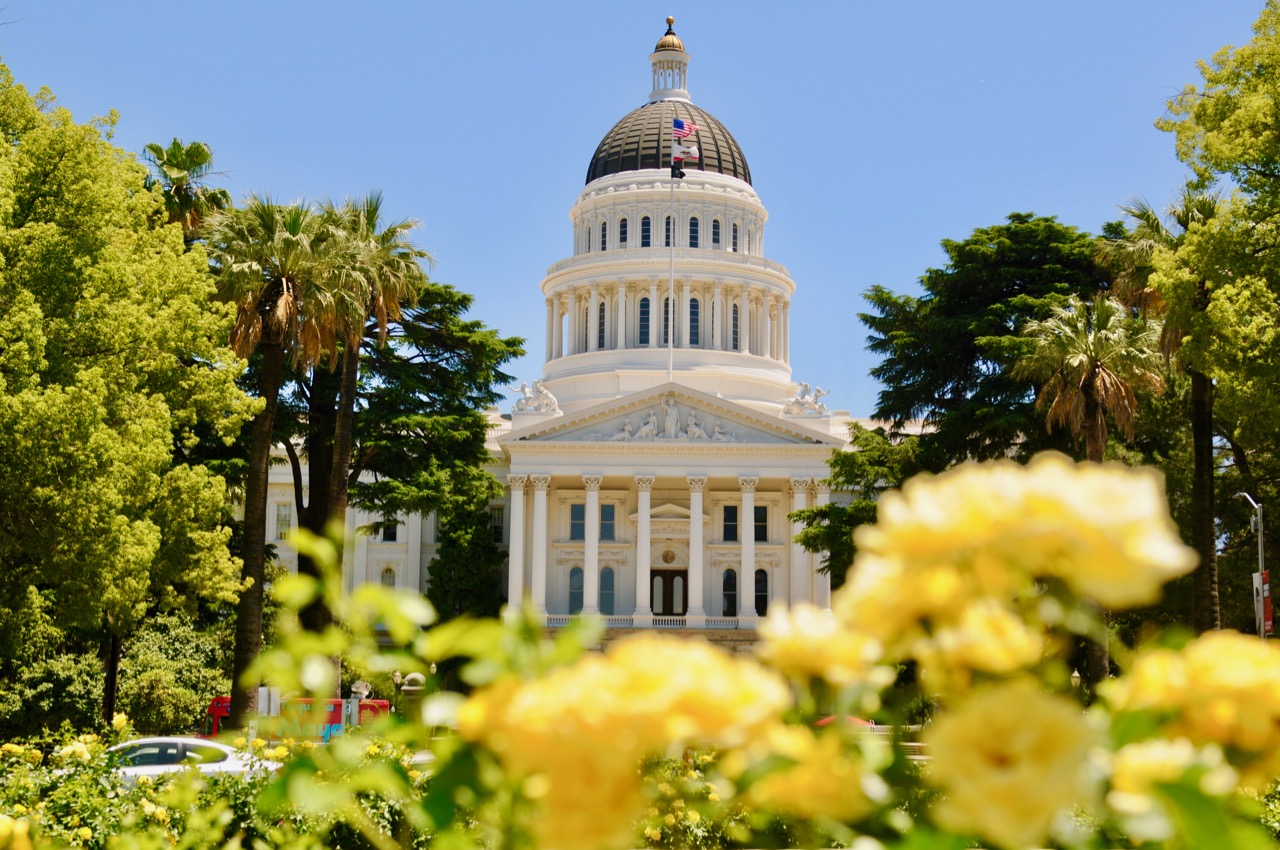
California’s Role in National Politics
California legislators enjoy being ‘first in the nation’ with their legislation
By Chris Micheli, April 15, 2019 2:59 am
The State of California has long played an outsized role in national politics for a number of reasons. An oft-mentioned phrase in national politics is “What starts in California often migrates to the rest of the country” or “what starts on the left coast moves to right to the rest of the country.” As such, how policy issues are addressed in California – by legislation, by regulation, or by judicial decision – often sets the standard for other states and the nation as a whole.
Many Capitol observers note that California legislators enjoy being “first in the nation” with their legislation. In the past, California legislators often considered what has been enacted in other states, particularly those who are “comparable,” at least in relative terms of size, such as New York, Illinois, Pennsylvania, Florida, and Texas. In recent years, however, that is less a consideration and being at the head of the pack of states is often the preferred route.
So, what are some of the reasons that California plays a prominent role in national politics? The obvious ones include the fact that California is the largest state in the nation by population size and, if it were a country, it would be the fifth largest economy in the world. And certainly, Californians and their elected officials view themselves as leaders, not as followers.
Add to that the efforts observed during the 2017 and 2018 Legislative Sessions that were intended to combat actions of the federal government. Specifically, these past two years in the California Legislature were marked by a significant number of anti-Trump Administration legislation. Among those policy areas were:
Climate change has been a significant area of controversy with California and its Governor Jerry Brown leading efforts nationally and even internationally to deal with climate change, while the Trump Administration generally did not agree that such a problem exists. There has also been disagreement over sanctuary city and state efforts and protections of immigrants between the federal government and California.
In addition, we have seen state legislative efforts to obtain Trump’s tax returns to run for office and be on the California ballot, as well as battles over cannabis where California saw conflicting statements from President Trump (appearing supportive of state regulations) and Attorney General Jeff Sessions (a long-time opponent of marijuana legalization).
Not all anti-Trump efforts have been successful. For example, at the conclusion of the 2018 Legislative Session, Governor Brown vetoed a measure that was intended to be an end-run around federal limitation of SALT deduction.
California has also played a role in national politics through litigation. Attorney General Xavier Becerra has filed more than 40 lawsuits challenging federal actions including lawsuits to address immigration laws, the U.S. Census, education, net neutrality, health care, and numerous environmental issues. During the fiscal year of 2017-18, the AG’s Office incurred more than $9 million in legal bills, up over $6 million from the prior fiscal year.
There have been challenges that federal executive branch actions violate federal laws, exceed their authority, and other bases. More than a dozen of these lawsuits has been ruled in favor of California while at least three have gone against the state. Although most cases are still awaiting a final decision, the federal government has changed its policies in some instances.
California’s role in national politics recently has been focused in several areas: On immigration, California has long enacted measures to protect immigrants and there have been at least nine lawsuits challenging federal government actions in this area. On health care, California has sought to protect the federal Affordable Care Act (aka “Obamacare”) provisions.
On the environment, California has long been a leading advocate to limit climate change and address clean energy efforts. The state has sued the federal government on gas mileage standards, hydraulic fracking and other measures. On net neutrality, the same day that Governor Brown signed SB 822 (Wiener) to reinstate the Obama Administration FCC rules, the federal government sued to enjoin the measure.
Finally, and perhaps most importantly, California has played a major political role in national politics. To be fair, most of its influence has come in the form of political campaign contributions as opposed to impact on the Presidential elections every four years. Nonetheless, California impacts federal elections because the state has the most electoral college votes for purposes of the presidential election, as well as the largest Congressional delegation.
As a result, California is able to influence national politics through campaign contribution giving and a large contingent of U.S. House of Representatives members who hold important leadership positions and sit on committees critical to the state’s interests. These individuals help determine federal laws and policies and their constituents greatly influence their outcomes.
- Legislative Intent Does Not Equate to a Mandate - April 27, 2024
- Frequently Asked Questions about State Agency Ethics Training - April 26, 2024
- Frequently Asked Questions about When Elected Officials Take Office - April 25, 2024




